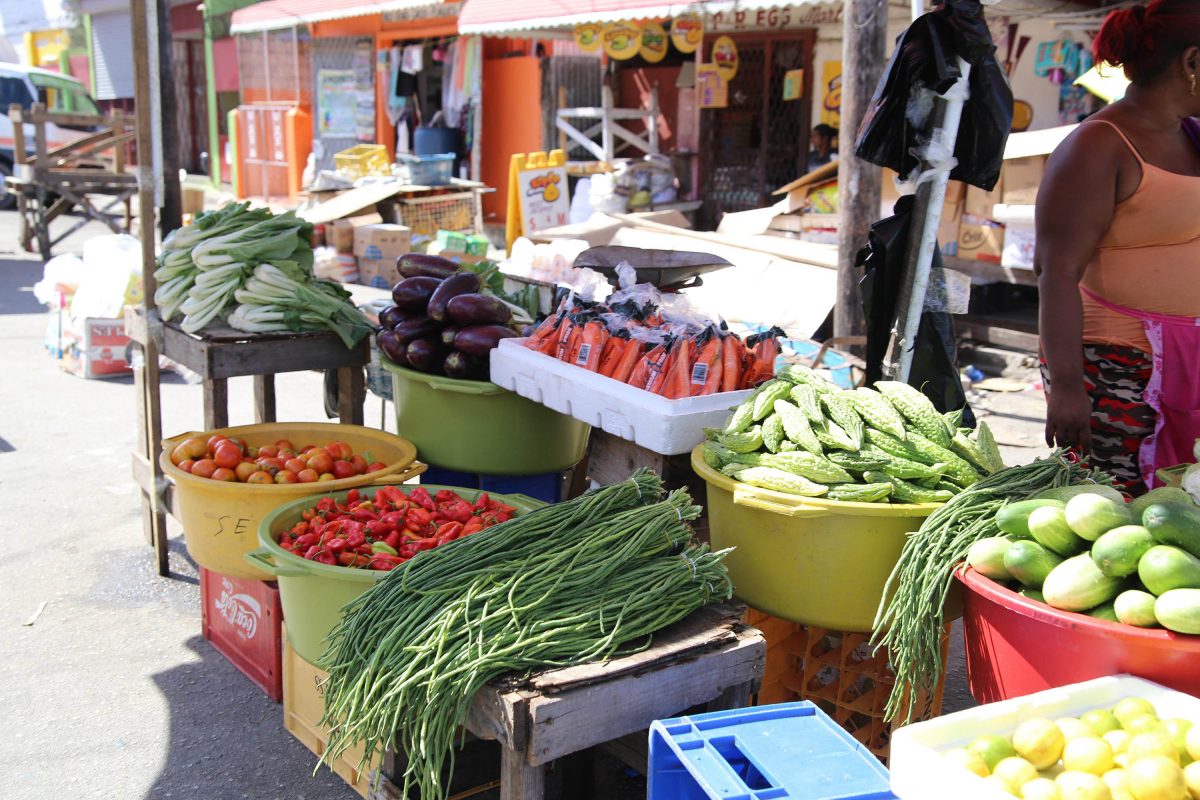Just how indifferent Caribbean Community (CARICOM) governments have been, over a protracted period in aggressively attending to issues that have a critical bearing on the food security issues which most of them have been facing for several years is reflected in the fact that a decade after the regional movement appeared to paying a high level of what turned out to be little more than lip service to crop insurance in its agricultural sector, one of their number appears to placing the issue on its domestic agricultural agenda again.
On Sunday January 3, the Jamaica Gleaner reported that a recently established Food Security and Agribusiness Council (FSAC) was readying itself to “get past the talk” that has long been associated with this issue by readying itself to seek to transform ‘hot air’ into actuality.
Arising out of the accustomed devastating losses commonly suffered by the region’s agricultural sector resulting from seasonal heavy rainfall, catastrophic hurricanes and droughts and the attendant loss of earnings – and in some instances complete financial ruing – suffered by farmers- the issue of a regional crop insurance regime has been the subject of voluminous discourses at both local and regional levels. Perhaps unsurprisingly, these discussions have all been ‘parked’ at ‘dead ends’ from which they have are yet to be removed. Now The Gleaner says that Jamaica is now ready “to look into or fast track the establishment of crop insurance arrangements to ease the collective pain of the agriculture sector” which it says has been “the cycle for at least a decade.”
Back in 2009, driven by the increasing frequency of the financial ruin and food security consequences of these natural, CARICOM convened a symposium in Antigua which had recorded a fair measure of success with WINCROP, an initiative set up in 1987 and which had reportedly recorded success in addressing crop damage in the banana industry in Dominica, Grenada, St. Vincent and St. Lucia during
hurricane periods. WINCROP’s signal success up until now has been its 1989 payout to 8,882 claimants of amounts totaling EC$8 million to farmers following Hurricane Hugo in 1989. In 1995 WINCROP made a further payout of EC$15 million to 14,905 farmers following several major storms in the region. Up until now, there has been no serious move to go forward with the initiative, a circumstance that mirrors what has been, in many instances, the all-talk-and-no-action in relation to key regional projects for which CARICOM has come to be known.
Verbal interest in crop insurance in Guyana first surfaced in the wake of the devastating 2004-2005 floods that inflicted a terrible toll on the country’s agricultural sector.
The recent Gleaner report says that the recently created FSAC will be seeking to, among other things, “cut red tape by identifying and bulldozing roadblocks to growth and development in the agriculture sector” and will be “working to bring to market a crop insurance policy for farmers in 2021.” It says that Jamaica, having experienced its own domestic frustrations, over the years, in its efforts to create a crop insurance regime, was not ready to “fast track the establishment of crop insurance arrangements to ease the collective pain of the agricultural sector” which has “been the cycle for at least a decade.” The country’s state-owned investment agency JAMPRO has been quoted in the media as asserting that it is working to “get past the talk” on an initiative which is expected to be a joint government/private sector undertaking.
The Gleaner says that discussions have begun with local insurance companies and with “the state-owned Development Bank of Jamaica regarding issues that include coverage, risk assessment and premiums.
Notwithstanding intermittent weather-related loss of crops occurring in the country’s agricultural sector little has been heard over the past decade or so about a crop insurance regime for the country with the largest best-known agricultural sector in CARICOM.






